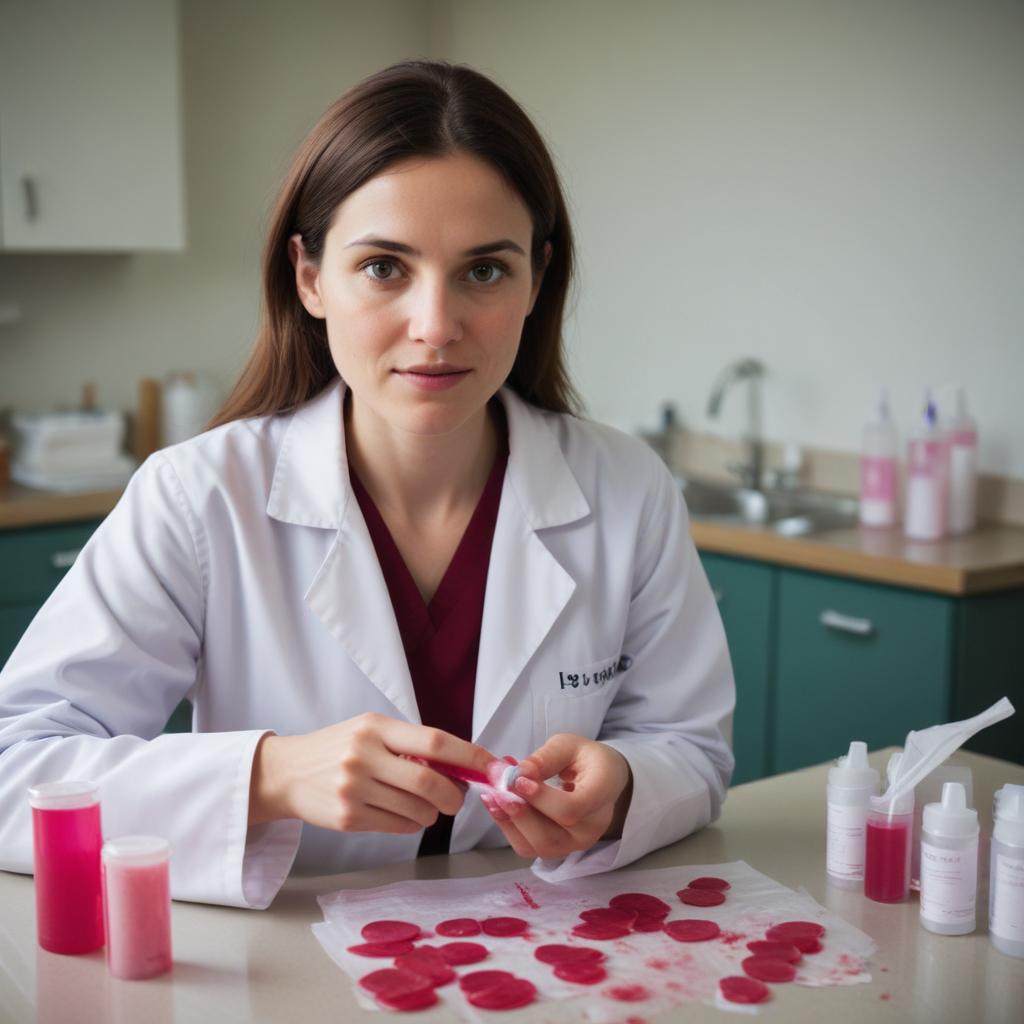Femtech startups and researchers are transforming menstrual blood from perceived waste into a valuable diagnostic tool. By analyzing used tampons and menstrual cups, they aim to non-invasively detect conditions like endometriosis, track hormones, screen for cancers, and advance stem cell research, challenging historical neglect of women's health.
A new frontier in medical diagnostics is emerging, centered on menstrual blood, a biological specimen long overlooked and considered waste. Startups like NextGen Jane (NGJ) and Qvin, along with academic research teams such as the Rose project, are pioneering non-invasive, at-home tests using collected menstrual effluent. Women are voluntarily sending in used tampons or menstrual cup samples to these organizations, which then analyze the blood for molecular and cellular signals. The primary focus is on revolutionizing the diagnosis of gynecological and reproductive health conditions, particularly endometriosis, a debilitating disease that currently requires invasive surgery for confirmation. NGJ, for instance, is identifying specific messenger RNA differences in women with endometriosis, while the Rose project examines cellular abnormalities. Beyond endometriosis, menstrual blood shows promise for tracking hormones, screening for various cancers (ovarian, endometrial), monitoring diseases like diabetes (Qvin has an FDA-approved test for A1C levels), and identifying STIs and HPV. Researchers highlight that menstrual blood is unique, containing cells and molecules that directly reflect the state of the uterus, offering insights that other bodily fluids may not. It's also a potential source of stem cells, which could one day be used for regenerative medicine, though this research is still in its early stages and faces significant funding challenges. Despite its vast potential, the field confronts historical neglect of women's health, societal stigma around menstruation, and an 'ick' factor that has deterred research. While proponents emphasize the convenience and non-invasiveness of at-home collection, some skeptics, like biological anthropologist Kate Clancy, question the necessity of menstrual blood tests when standard, accessible alternatives exist for certain conditions, and warn against unregulated 'health and wellness' claims. Funding remains a major hurdle, with startups receiving relatively modest investments compared to other Silicon Valley ventures, and many academic projects struggling to secure support. Nevertheless, initiatives like MIT's new menstruation science program signal growing recognition. The ultimate goal is to provide women with easier, earlier access to critical health information, transforming a monthly bodily process into a powerful diagnostic and research asset.



